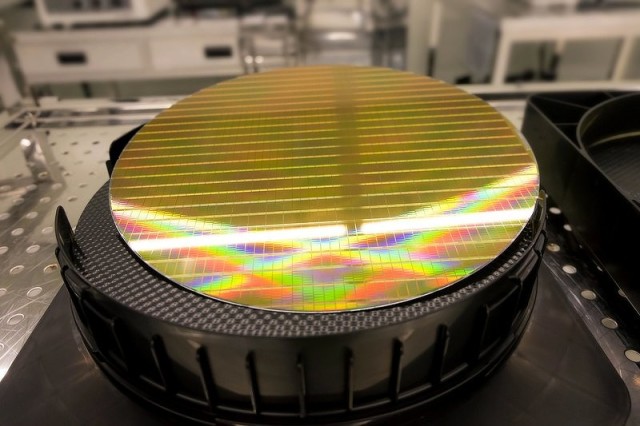The authorities of countries around the world have entered a new "arms race", in the role of which now act as semiconductors, writes CNBC.
The publication calls semiconductors "the blood of today's global economy", pointing to their demand in many industries, primarily in microelectronics and the defense industry.
Recently, there has been a shortage of semiconductors on the world market, which has led to a shortage of chips for the production of which they are used. As a result, companies in many countries, supported by their governments, are increasing their investment in semiconductor-related manufacturing and research.
The latest country to join the race so far is South Korea, which has announced an investment of 510 trillion won ($452 billion). It is expected that most of the funds will be provided by private companies, the rest will be made up of subsidies from the budget.
The country's authorities expect to achieve industry independence from China and Taiwan, which are considered one of the world leaders in the production of semiconductors and microchips. According to Korean President Moon Jae-in, Seoul is going to use semiconductors to "protect national interests."
South Korea currently holds 65 percent of the global memory chip manufacturing market, largely thanks to Samsung. Overall, the country ranks second in the world in the production of semiconductors, behind Taiwan and the United States.

